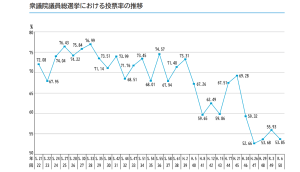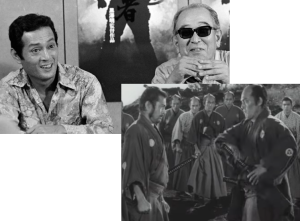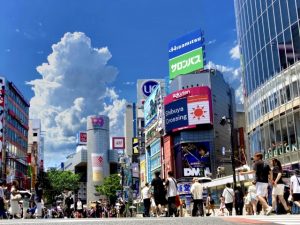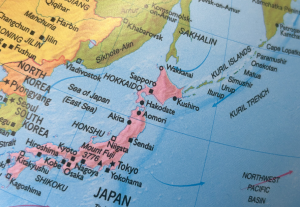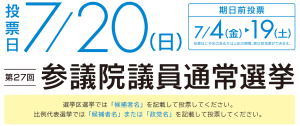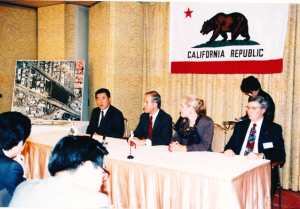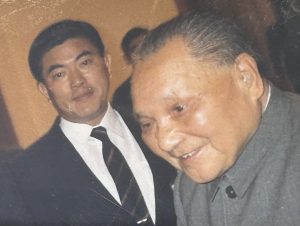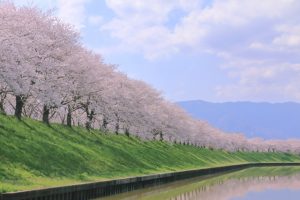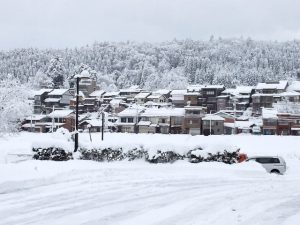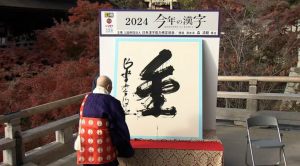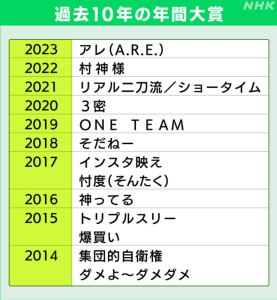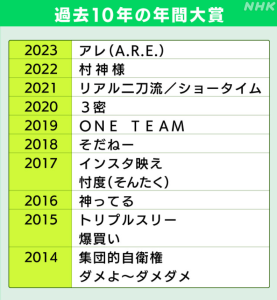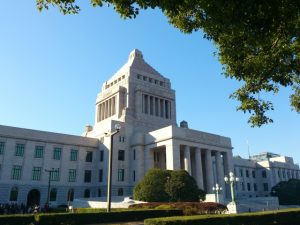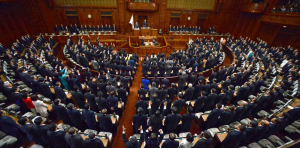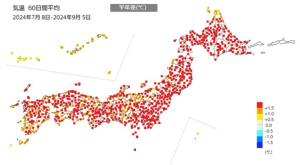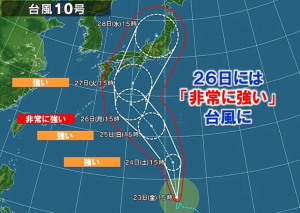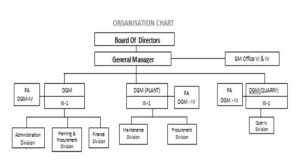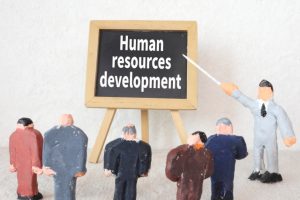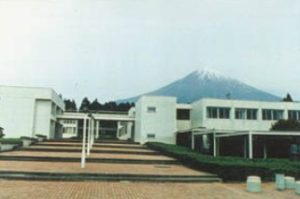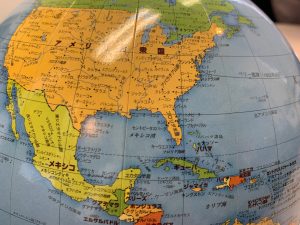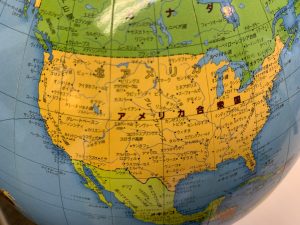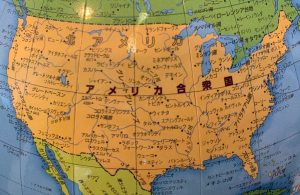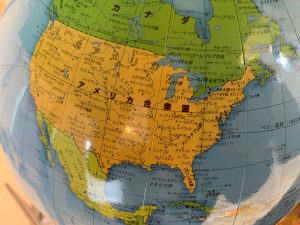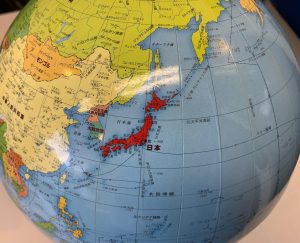Re: A news item and subject which I just want to check out (135) May 10, 2024
Last Friday, May 3, was a holiday, Constitution Day, and my blog streaming was a break. It is the first streaming in two weeks. In the meantime, May 1(Wednesday) was the 88th day of spring. This day falls on the 88th day after the first day of spring that is the day before Bean-Scattering Festival and February 4 in the case of this year, in other words, “88 nights” have passed since the first day of spring. I keenly remember a song “Summer is just around the corner as it is the 88th day of spring. Young leaves grow both in the fields and mountains. Aren’t they tea pickers madder red tasuki with sedge hats that we can see over there?” (skipping the second one) that I sang together a long time ago, when I was in elementary school. This song was published in 1912 and selected for one of the “Japan’s Top 100 songs” in 2007. The ancient Japanese natural landscape comes to mind as a reminder.
■■What I have recently thought and focused on:
■The Osaka-Kansai Japan Expo that is less exciting:
Japan’s first Tokyo Olympics was held in 1964, 60 years ago from now. And the second one was held in 2021, 3 years ago. On the other hand, the first Osaka-Kansai Japan Expo was held at Senri upland in 1970. And the second one will be held at Yumeshima, Osaka from April to October next year, which will be the 55th year. I suddenly had an idea the other day and requested songs “Tokyo Games Ondo” and “Konnichiwa” that were theme songs of the first Olympics and Expo to Alexa that is ChatGPT of our home. Then, suddenly, extremely good-natured singing voice by Haruo Minai who was a pop star at that time jumped into my ears. When I listened to the energetic songs, it was so nostalgic that I almost cried. At that time, Japan rose up from the ruins due to the war, and was in a period of high economic growth aiming for “Clouds above the hill” and was filled with energy. It is said that next year’s Expo lacks enthusiasm or is less exciting. It seems to me that the background is that there is a temperature difference between the last time and this time. Now, compared to those days, internationalization and high-tech advancements have made significant progress, and domestic and international information is exchanged on a daily basis, and Japan is a mature society where everything is more or less available. Therefore, we can’t find anything exciting awaken our curiosity, and people rather lose interest in everything. Incidentally, the number of foreign visitors to Japan or inbound in 1970 was 0.85 million. It reached 31.88 million nearly 40 times in 2019 before the corona disaster. Foreigners are overflowing in the streets now and not uncommon. And the first Expo was at the dawn of space development, and “moon rock” that Apollo spaceship brought back in 1969 was a driving force attracting about 64 million visitors. Next year’s Expo will target 28.2 million (among these 3.5 million inbound). But the essential concept, aim or purpose is not clearly conveyed and we can’t find anything attracting visitors or with impact equal to “moon rock” and “mammoth fossil” in the Aichi Expo. We want to be a surprise or hidden ace for success.
■The election year enters the second half:
It is said that this year is the election year worldwide, and presidential election in Taiwan, presidential election in Russia, presidential election in Indonesia and general election in Korea were over and general election in India is currently in progress. And in June, there are presidential election in Mexico (June 2) and election to the European Parliament (June 6~9).
And the election year enters the second half. Even in Japan, the lower house of parliament may be dissolved at the end of the regular season of the Diet on June 23 or at the timing of expiration of term of office of President of the Liberal Democratic Party at the end of September this year. Even if there will be no dissolution at each time, the election will be finally held before expiration of term of office of members of the lower house of parliament (4 years) in October next year. Regardless of whether he cares about approval ratings, nobody knows the future, because there were dissolutions that were ridiculed, for instance, “Bakayaro dissolution” by Prime Minister Shigeru Yoshida and “Yaburekabure dissolution” by Prime Minister Noda in the past.
And among the second half of the election year, what I am most interested in is the whereabouts of presidential election in the United States held on November 6 in Japan time.
In the United States, votes of electors given to each state are contested. In most states, the person who gets even one more vote gets all the electors, in other words, it is “winner-take-all”. Therefore, for instance, even if a candidate wins the popular vote in all states of the United States, if the number of electors are fewer, it is a loss. That is why a trend of swing states with low population that we are unsure which way the votes will go has a huge effect.
General nation has strong interest in problems close to themselves such as social anxiety due to illegal immigrants flowing in from Central and South America, taking away their jobs due to cheap import goods from China, dissatisfaction with rise in prices and the right of abortion, rather than the issues of Ukraine and Israel-Hamas. From the perspective of foreign countries including Japan, this leads to the situation of election called “why is such person supported?”.
It seems that in this presidential election there are a lot of eligible voters who don’t want to vote for either candidate of Democratic Patry and Republican Party virtually determined. In such a situation, it is said that voting behavior among young people referred to as Z generation born since the mid-1990s that account for about 17 % of eligible voters and have a population of about 40 million determines the outcome.
■Declining birthrate and aging population is making an advance:
May 5 is “Children Day”. According to the number of children calculated from population estimates published by the Ministry of Internal Affairs and Communications on May 4, the number of men and women under 15 years old (children) was 14.1 million, 0.33 million fewer than the previous year as of April 1 this year. It has been decreasing for 43 years in a row, and at a record low since comparable1950. The percentage of children in the total population was over one third in 1950s, but this time it was 11.2 % decreased by 0.2 points and record low. Incidentally, according to Demographic Yearbook of the United Nations, even though estimation time points vary, among 37 countries with more than 40 million population, only the percentage in Korea is lower than in Japan. In other countries, Germany is 16.8 %, China is 17.7 % and India is 24.9 %. The small number of children in Japan is standing out.
On the other hand, the percentage of the population aged 65 and above (aging rate) reached 29.2 %. The percentage in 1950 was 4.9 %. It reflects the current situation in Japan where declining birthrate and aging population is making more progress. Generally speaking, it is said that a society where aging rate is over 7 % is “aging society” and over 14 % is “aged society”. From this point of view, Japan is “super-aged society” standing out in the world.
By the way, longevity itself is a wonderful thing, and in Japan, people have celebrated each milestone age “60, 70, 77, 80, 88, 90, 99, 100 and so on” from old times. However, from now on, considering national finance having a big debt and the fact that the burden on young people will increase significantly and so on, I have to say that asking the government and society for “a bright and pleasant old age” is difficult. It seems to me that because of such awareness of the current situation, new NISA aiming for “from savings to investment” is calling in young people. This trend itself is a good thing, but on the other hand, it leads to money saving and becomes one of the reasons for sluggish consumption.
From now on, the government should promote sectoral openness for foreign workers, and at the same time, without being swept away by populism, increasing the mobility and activation of the labor market like expanded discretion of the right of dismissal by the company, enhancement of reskilling system and so on is necessary. And at the same time, the government should avoid populism and reform of social security system and taxation system where institutional fatigue is occurring is necessary.


